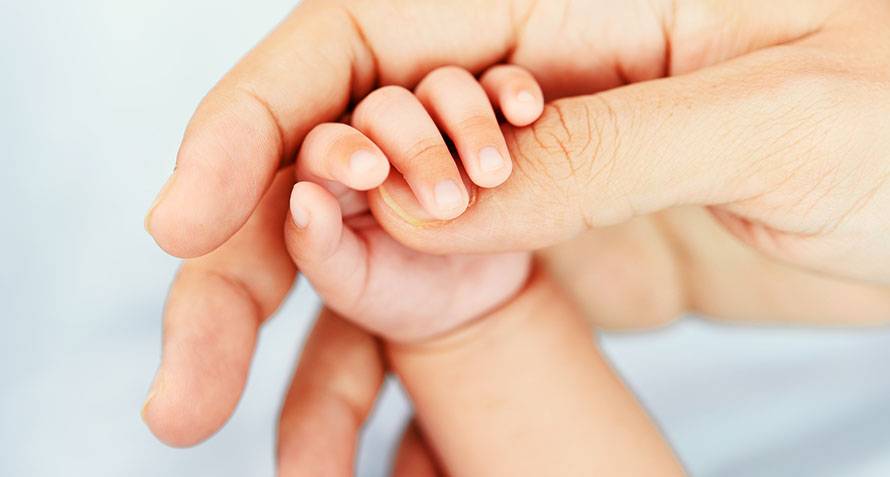Babies love to put things in their mouths. Baby Fingers These include thumbs, fingers and pacifiers. These things are good for them. The subject is surrounded by controversy and concern. Here are some facts about babies, and what their favorite things are.
Way to Better Well-Being
Babies are prone to sucking on their thumbs, fingers, or pacifiers. Babies are born with the instinct to suck. Some do it even before they are born. This need isn’t always satisfied by eating. They look elsewhere.

Babies can actually be soothed by sucking. It doesn’t matter if they grab your pacifier or find it themselves, they’ll put it in their mouth. Which is better? Each has its pros and cons.
Baby Fingers and thumb sucking
Babies will often suckle on their thumbs or fingers for short periods of time. What if it becomes a routine?
Pros
- Lower maintenance is required for thumbs and fingers.
- Babies can find them even in the dark. The baby can put it back in if it falls out.
- They won’t get soiled if they fall to the ground.
- There’s no need to be worried about your baby being upset or losing them.
Cons
Your baby touches many things throughout the day. You should be concerned about germs because your baby is putting many germs in his mouth using his thumb.
- Studies show that thumb sucking increases a baby’s chance of developing an ear infection.
- It can be difficult to stop thumb sucking.
- The teeth and bite of a child’s teeth can be damaged by thumb or finger sucking after age 4.
Pacifiers
Often, pacifiers are given in hospitals. Are they helping or causing more problems?

Pros
- These medications can reduce the pain from common procedures. They could be used for blood draws and shots.
- While a baby sleeps, they reduce the risk of Sudden Infant Death Syndrome.
- Premature babies are less likely to be admitted and receive better nursing care.
- The store will allow you to choose the type of product that you like. They aren’t usually very expensive toy.
- You can restrict your child’s access to them, or even remove them from their home. This can make it easier to break the habit.
Cons
- A pacifier may help babies breastfeed more. This is known as nipple confusion.
- This can increase your risk of developing ear infections.
- It is possible for your baby to lose it at night, and then wake up crying.
- It can be spit out by your baby.
- There is no infinite supply. It’s possible for your baby to be unhappy if you lose it.
- Too much use can cause problems for your child’s teeth.
Your baby’s natural instinct to eat is sucking. It is up to the parents whether you want your baby to use a pacifier or thumb sucking.

Baby Fingers Things to Consider
- These are some tips to help you choose the right pacifier for your baby.
- They are most useful for babies under 6 months of age.
- Your baby shouldn’t be forced to use a Pacifier. Don’t let it out of your baby’s bed if it isn’t necessary.
- To make the pacifier more attractive deals, don’t put any food or drink on it. You can use honey or sugar.
Keep the pacifier clean and Change it Often
- Never wrap a pacifier around a baby’s neck, arm or hand. This could cause serious injury or even death.
- Stop using pacifiers between 6 months to 1 year old. It will be more difficult to stop using pacifiers after that age.
- After 4 years, don’t allow your child to use a Pacifier.
- If you are looking to get rid of a bad habit
Between the ages 2 and 4, most children stop sucking by themselves. If they are still not able to stop sucking, it is possible that you need to help them quit. This can be difficult. These are some tips to consider before you attempt it.
Your child should be praised for not sucking or using a pacifier. Do not scold your child if they do.
Because your child is feeling anxious or unsecure, he or she may be sucking on the pacifier or wanting to use it. You can fix the root cause of anxiety. Instead of being the pacifier, you can be the comforter for teaching your child. Reward your child for overcoming difficult situations without using a pacifier or sucking.


